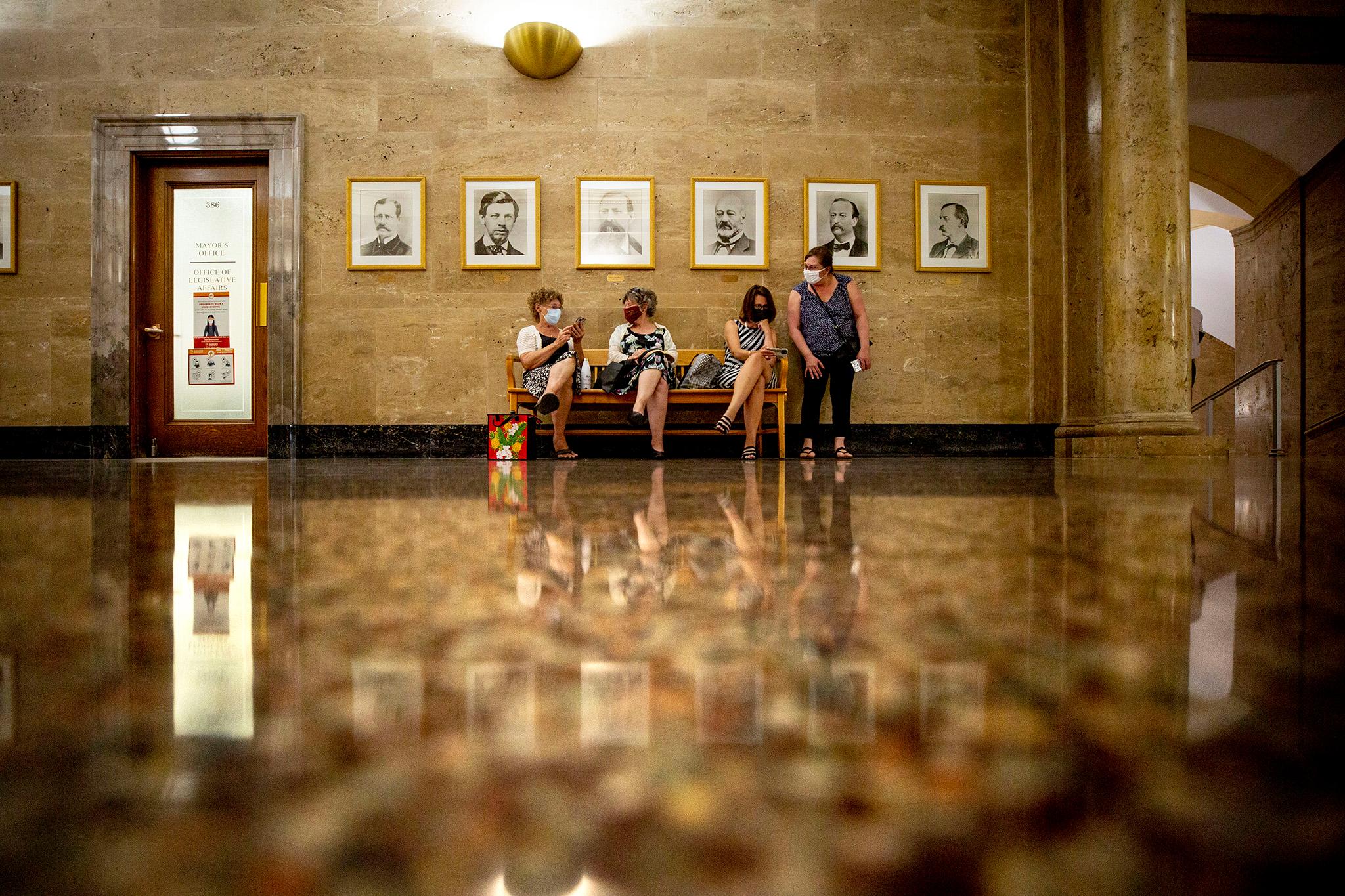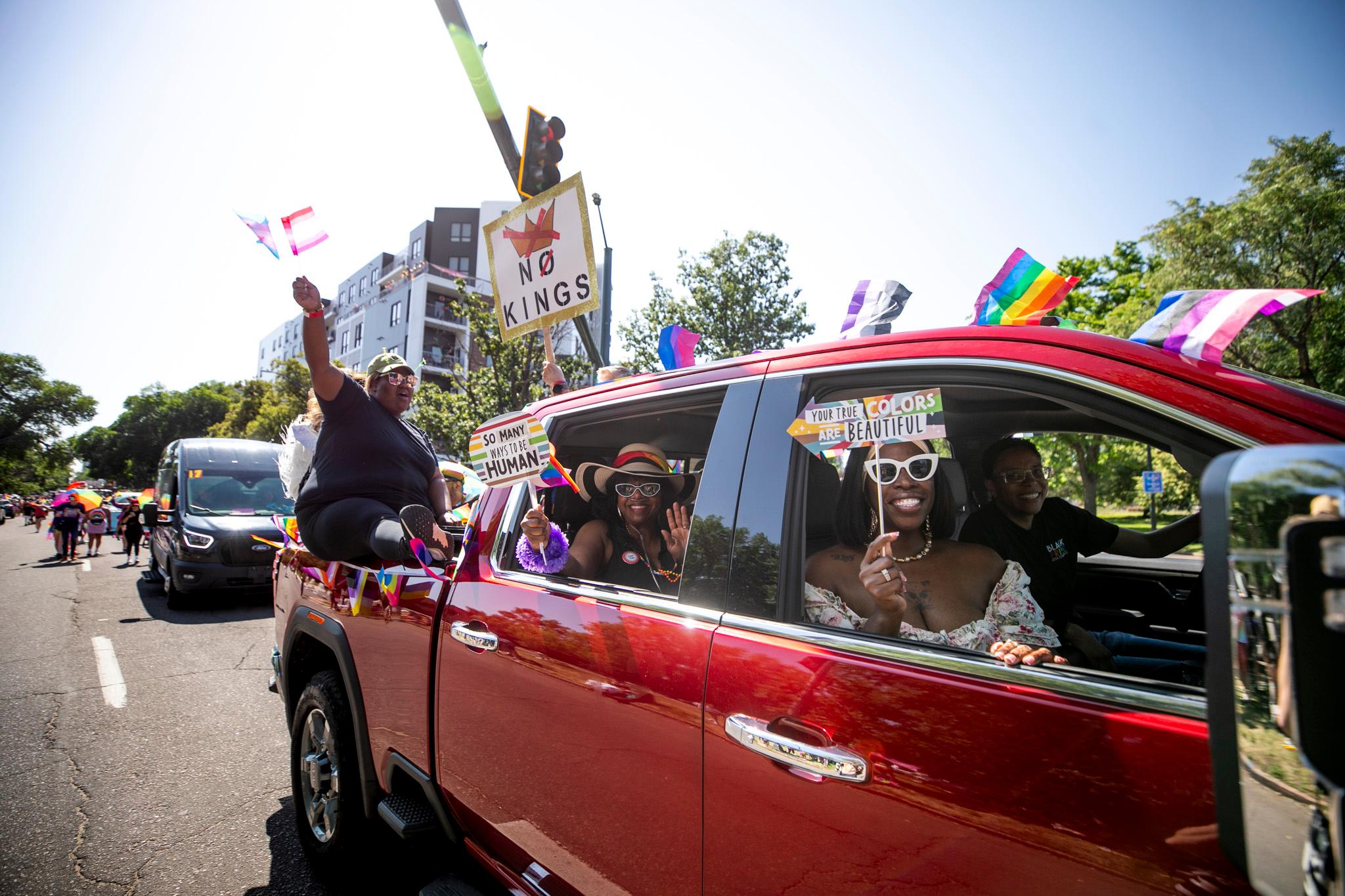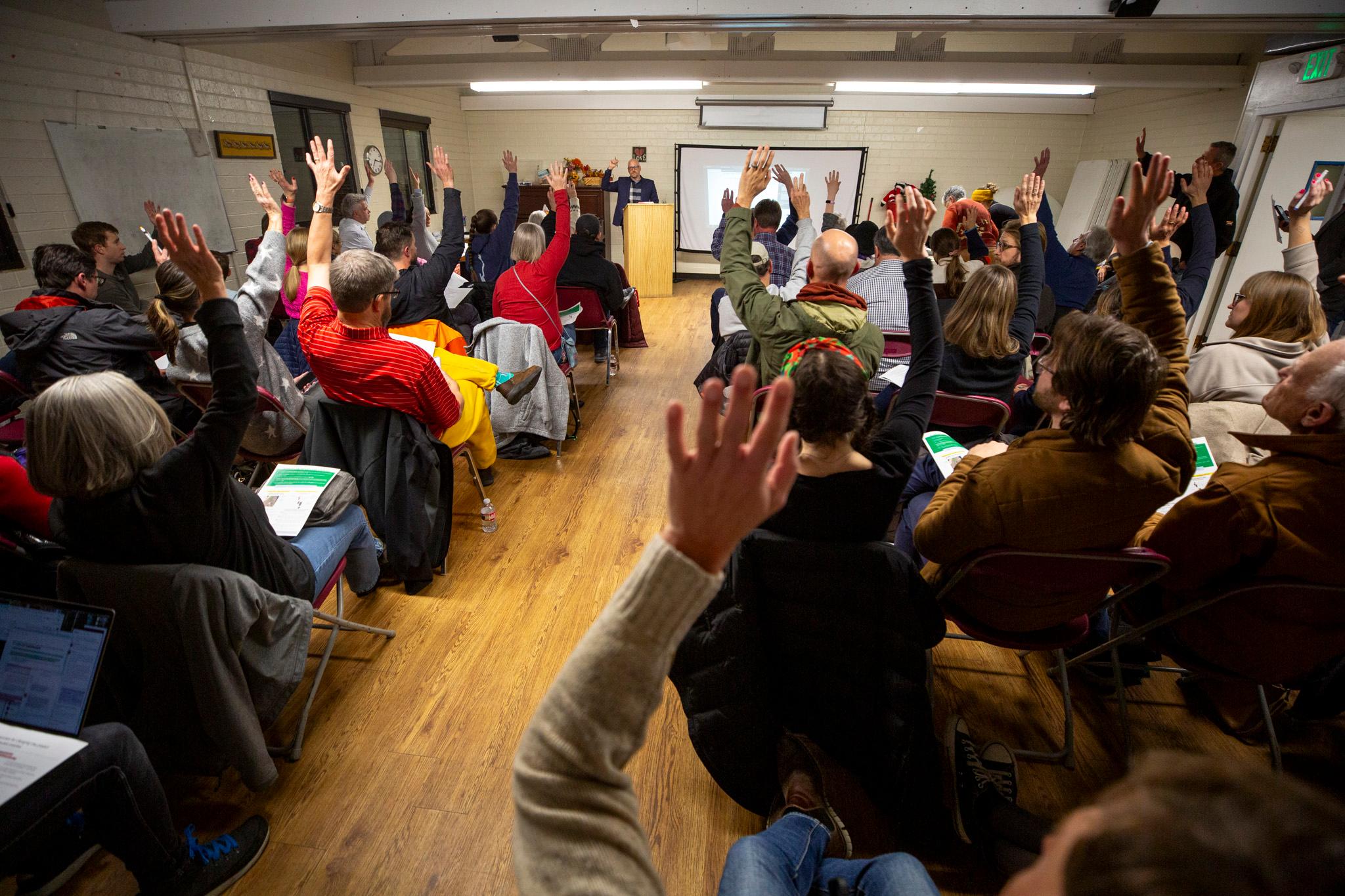City planners have retreated from suggesting that halfway houses be allowed in single-family neighborhoods and have dropped a provision for as many as 10 unrelated adults to share a single-family home.
Those key changes to proposed amendments to how Denver regulates group living were outlined during a Denver City Council committee meeting Tuesday. During the Land Use, Transportation and Infrastructure Committee meeting, some council members expressed concern about compromises they nonetheless acknowledged were necessary to ensure the full council accepts the group living regulations. The regulations are aimed at creating more housing options for moderate- and low-income families, ensuring vulnerable people such as those coming out of prison are sheltered and supported, and expunging 20th century assumptions about race and class from the city's 21st century zoning code.
The proposed amendments first presented to the public earlier this year emerged from two years of study and debate by an advisory committee that included homelessness service providers, operators of halfway houses and homes for older Denverites, and roommates in shared homes. Some argued that planners were trying to do too much in one piece of legislation and that the proposals would radically change Denver's neighborhoods.
The advisory committee had initially proposed increasing the number of adults who aren't related who can legally share a single-family home from two to at least eight, with more allowed in larger homes. After a series of public hearings, that was changed to up to five unrelated adults that could share most homes and up to 10 in larger homes.
Andrew Webb, the city planner who has managed the group living project, said Tuesday the provision for up to 10 unrelated adults sharing a larger home was being dropped. Webb also said it looked likely -- based on what he has heard from council members during a series of committee hearings on the subject -- that the current code's limit of two unrelated adults who can share a single-family home would be increased to five, but that it could be four or six.
The Land Use, Transportation and Infrastructure Committee will debate a final proposal and vote on Dec. 22. The full City Council is expected to vote next year, possibly in January, on the version of the proposed amendment that emerges from the committee.
At one point, planners had thought City Council would vote on the proposal this summer. Council members, though, called for the process to be slowed to allow for deep discussion in committee meetings.
Webb told the committee Tuesday that the current code "prevents people from simply sharing housing" at a time when splitting the cost of a home could help low- and moderate-income families. Webb also said the current code dates to the 1950s and reflects racism and classism in the way some buildings, such as halfway houses where former prisoners live while transitioning back into civilian life, are relegated to poorer and minority neighborhoods.
"We're looking for a more equitable approach," Webb said.
The proposal still would allow halfway houses in more parts of town, even with the change announced Tuesday that bars them from residential areas where only single-family and duplex homes can be built.
Councilman Kevin Flynn said he was concerned about "protecting" neighborhoods that are vulnerable to displacement and gentrification. Flynn said keeping halfway houses out of the city's less dense neighborhoods would help that effort.
Councilwoman Amanda Sandoval countered that "we have to define what 'protect" means." Sandoval said residents of a halfway house in her district have helped with neighborhood cleanups and shoveled snow outside the homes of elderly residents.
Councilwoman Amanda Sawyer, who called for barring halfway houses from even more parts of town, said a balance had to be struck between the concerns of people who need housing and those of people who own homes.
"These laws could change the game on them after they have put everything into the purchase of their homes," Sawyer said of the latter group.
Opponents of the proposed amendment with whom Councilwoman Jamie Torres has spoken, she said, often begin with concerns about such issues as the possible impact on parking. But the conversations "ultimately got down to who they do and who they do not want as neighbors," Torres said.













